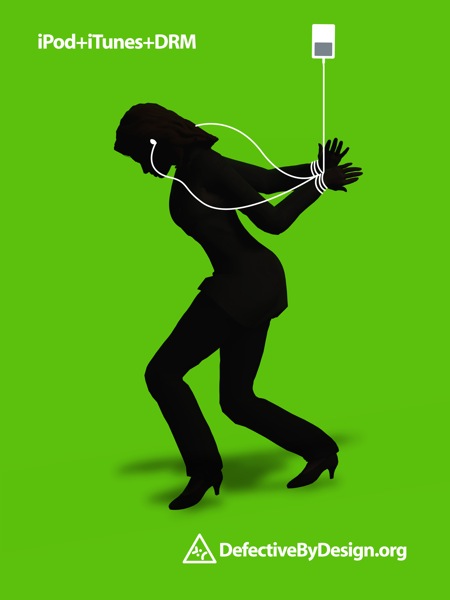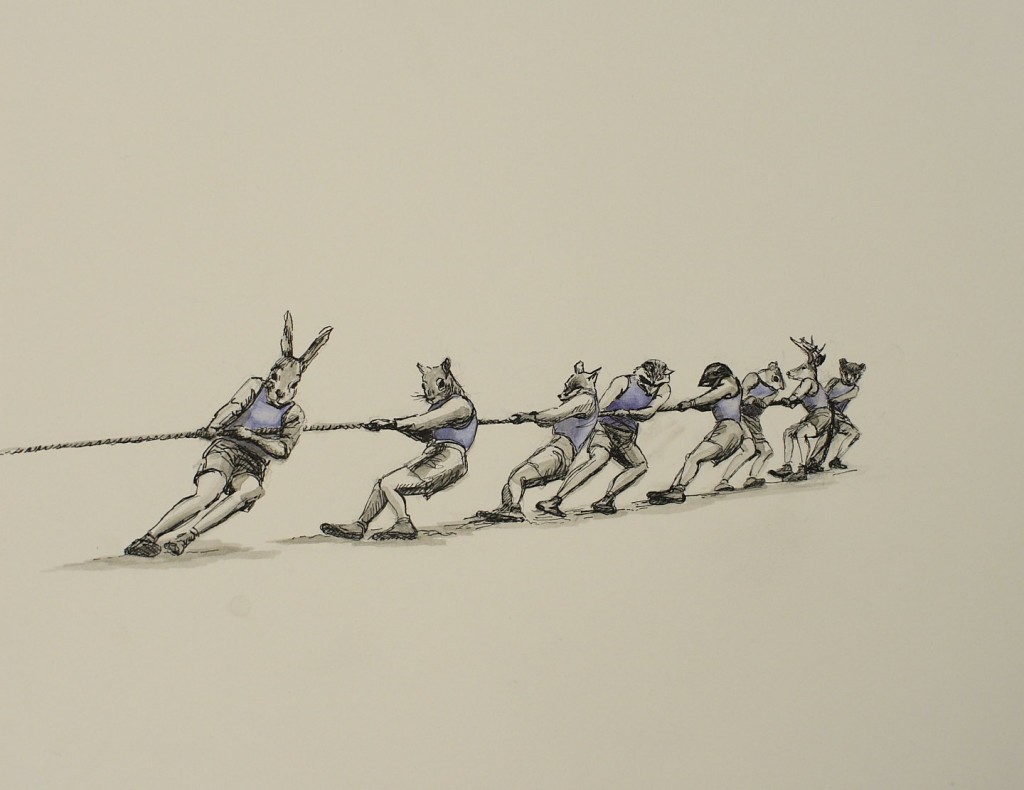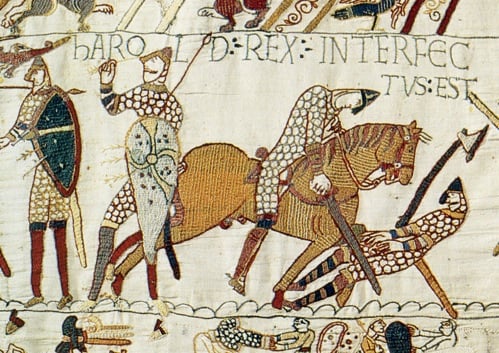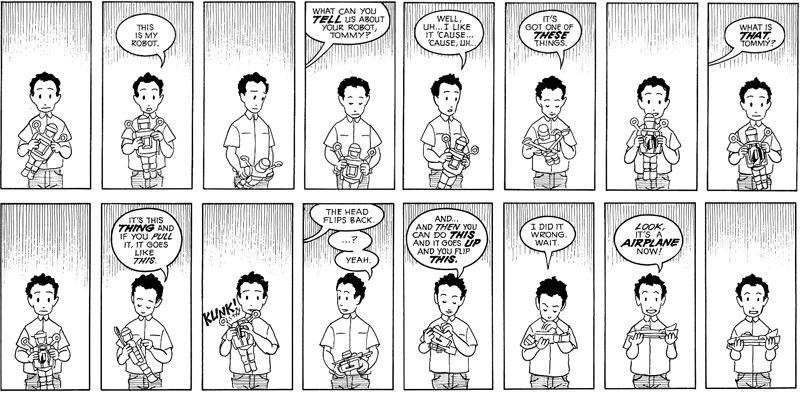
The London Book Fair is happening this week. In the publishing world, it’s a pretty big deal. Besides book deals, there’s a lot of talk that takes place. Bobbie Johnson from Gigaom.com wrote an interesting post in response to a panel on the future of publishers:
At the event, there is plenty of evidence suggesting publishers are getting their heads around how digital content is changing their business. But in some ways, it still feels like a clash of civilizations. Publishers talking with each about what the next big thing might be, while Amazon and Google and the rest simply go and make the next big thing.This was no more obvious than when I stepped into a discussion over the future of publishing that really seemed to highlight the differences. It was framed as a traditional debate, with an appropriately argumentative motion at stake: “Authors and readers are all that matter. Publishers will become irrelevant.”…
Some publishers see that the market is getting bigger, and that profits are rising, and they think that means they’re doing a good job. But in fact, the growth in profits comes because they’re cutting back on what’s unique about them — the relationship with authors, the expertise in editing, design, typography, the quality of output, the nurturing side of the business. They’re being slashed in favor of streamlined processes that are guaranteed to produce a handful of blockbusters.[read the full post]
Johnson is leveling a fairly heavy indictment on the publishing industry. It’s not unwarranted.
The truth is that eBooks are opening doors for innovative and entrepreneurial folk. Johnson points out that the role of self-publishing in the eBook market is burgeoning, yet large publishers are more or less circling their wagons.
Self-published eBooks offer opportunities for libraries frustrated by publishers’ DRM-heavy policies. Still, Johnson rightfully hints that this alternative is complicated by issues of quality and consistency. There are a lot of unknowns in how this sector will develop.
Right now, the growing pains of the self-published eBook industry aren’t necessarily cause for pessimism. Unless, of course, you’re committed to the failing status quo.













